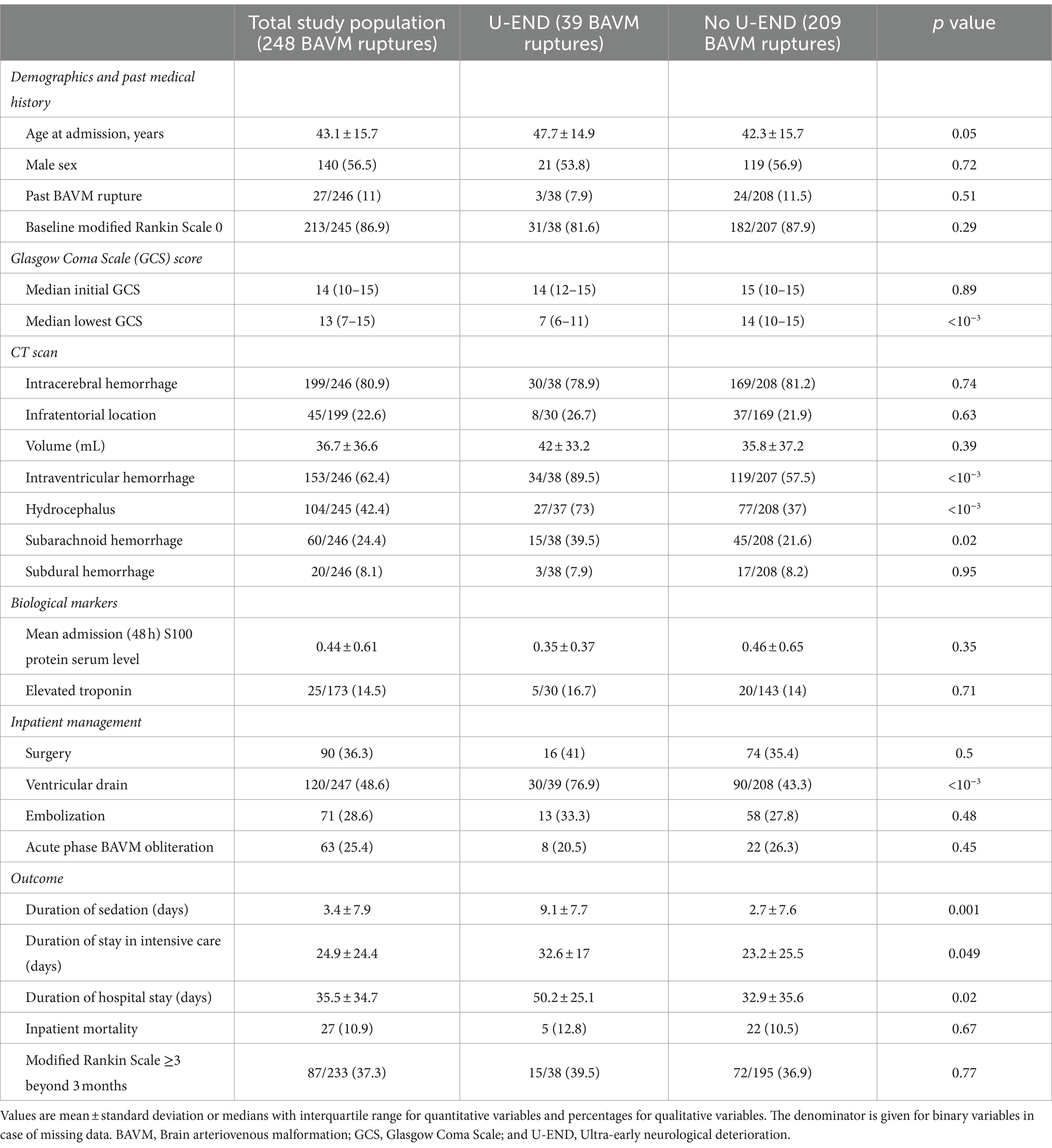Your Pathway Into the Automotive Industry: Proven Steps, Skills, and Opportunities
Introduction: The Automotive Industry Opportunity
The automotive industry is a cornerstone of the global economy, offering diverse career opportunities ranging from hands-on technical roles to management, sales, and engineering. Whether you’re passionate about vehicle technology, enjoy problem-solving, or seek a stable career with growth potential, this sector provides multiple entry points. In this article, you’ll find comprehensive guidance on how to get into the automotive industry, actionable steps for accessing training and jobs, and strategies for building a long-term career.
1. Understanding Entry-Level Roles in the Automotive Industry
Entry-level positions in automotive typically include jobs such as automotive technician , diesel mechanic , service writer , and car sales executive . These roles are designed for candidates with varying levels of experience and education. For example, many entry-level technician roles require only a high school diploma or GED, with basic training or short-term certification programs enhancing employability [1] . Some employers may prefer or require a one-year certificate from a college or technical school, but direct experience is often equally valuable. As a service writer, you act as a liaison between customers and technicians, requiring strong communication skills and an understanding of vehicle maintenance [4] .
Real-world example: According to the Bureau of Labor Statistics, diesel service technicians and mechanics earned a median wage of $48,690 in 2021, with top earners making over $76,000. These professionals work for local government, transportation companies, and wholesale trade organizations [2] .
2. Education and Training: Credentials That Open Doors
Formal education is not always a strict requirement but greatly enhances your prospects. Technical colleges and vocational schools offer certificate programs and associate degrees in automotive technology, which can be completed in two years or less. These programs blend classroom instruction with hands-on training, teaching diagnostics, repair, and maintenance for various vehicle systems [4] . Graduates from accredited schools may be eligible to substitute education for work experience in some positions [3] .
Step-by-step guidance:

Source: etsy.com
- Research local or national technical colleges and vocational schools that offer automotive programs. Use search terms such as “automotive technology certificate” or “diesel mechanic associate degree.” Consider institutions like Universal Technical Institute (UTI) or NYADI The College of Transportation Technology for specialized training.
- Contact admissions offices to learn about program length, costs, financial aid options, and job placement support.
- Upon enrollment, focus on both theory and hands-on practice. Seek opportunities to earn certifications such as the ASE Education Foundation Student Certification, which increases hiring potential [2] .
Alternative approach: If you’re unable to pursue formal education, consider seeking entry-level roles that provide on-the-job training. Many employers offer paid apprenticeships or training programs for motivated candidates [1] .
3. Certifications and Licensing: Boost Your Employability
Certification demonstrates your competency and commitment to employers. The Automotive Service Excellence (ASE) certification is widely recognized and often required for advanced positions. To obtain ASE certification, you typically complete a formal training program and pass the relevant exams. Training providers like UTI prepare students for these tests during their coursework [4] .

Source: etsy.com
Implementation steps:
- Identify which certifications are most relevant to your desired role (e.g., ASE for mechanics, manufacturer-specific training for dealership technicians).
- Enroll in a recognized training program or study independently using official ASE study guides.
- Register for certification exams through the official ASE website or your training provider.
Potential challenge: Certification exams require both theoretical knowledge and practical skills. If you lack hands-on experience, seek volunteer opportunities or internships through local garages or dealerships.
4. Job Search Strategies: Finding and Securing Your First Role
The automotive sector is actively hiring, with over 67,000 estimated annual job openings for technicians alone in the U.S. [4] . Use reputable online job boards such as Indeed, which lists hundreds of entry-level automotive positions in major cities [3] . Entry-level jobs may include automotive technician, diesel technician, mechanic assistant, or sales executive.
Step-by-step job search guidance:
- Visit established job portals and search for “entry-level automotive jobs” in your area. Filter results by experience, salary, and employer type.
- Prepare a targeted resume highlighting relevant education, training, certifications, and any hands-on experience.
- Leverage career services offered by your training institution, such as resume workshops and interview preparation.
- Network with professionals through industry events, local trade associations, or online forums. Referrals can increase your chances of landing interviews.
Example: Many employers offer union benefits, including health, dental, retirement plans, and paid vacation days-be sure to inquire about benefits during the application process [3] .
5. Advancement Opportunities and Specializations
Once established in an entry-level role, you can pursue specializations such as diesel engines, high-performance vehicles, or manufacturer-specific advanced training. Many technicians begin as generalists and later focus on niche areas for higher pay and job satisfaction [4] . Continuing education, certifications, and professional development are key to advancement.
Implementation steps:
- Identify your interests and strengths within the field-do you prefer diagnostics, customer service, or working with specific vehicle types?
- Seek additional training or certification in your chosen specialization. Manufacturer-specific programs are available through select institutions.
- Request mentorship from experienced colleagues to learn advanced skills and best practices.
Potential challenge: Specialization may require additional investment in training or relocation to areas with higher demand. Research market trends and job openings before committing.
6. Overcoming Common Challenges
Breaking into the automotive industry can be competitive, especially in urban markets. Key challenges include meeting education requirements, gaining hands-on experience, and navigating the job search. Many candidates overcome these barriers by combining formal training with internships, volunteering, and networking. Employers value initiative and a willingness to learn.
If you face obstacles, consider the following solutions:
- Take advantage of career services offered by educational institutions, which may include job placement, resume building, and interview coaching.
- Attend industry trade shows and local career fairs to meet potential employers and learn about new opportunities.
- Utilize online learning platforms to supplement your technical knowledge and stay current with industry developments.
7. Key Takeaways and Next Steps
The automotive industry is accessible to candidates from a variety of backgrounds. By pursuing appropriate education and certification, actively searching for entry-level roles, and continually developing your skills, you can establish a rewarding career. There are multiple pathways-formal education, on-the-job training, and professional networking-each offering distinct advantages. Remember to use verified resources and official job boards for your search, and consider reaching out to local trade schools or professional organizations for personalized support.
References
- [1] AutoJobs.com (2020). Entry-Level Automotive Technician Job Description.
- [2] NYADI The College of Transportation Technology (2022). The Best Entry-Level Automotive Technician Jobs.
- [3] Indeed.com (2025). Entry Level Automotive Jobs, Employment in New York, NY.
- [4] Universal Technical Institute (2024). Automotive Industry Jobs: Your Helpful Career Outlook.



